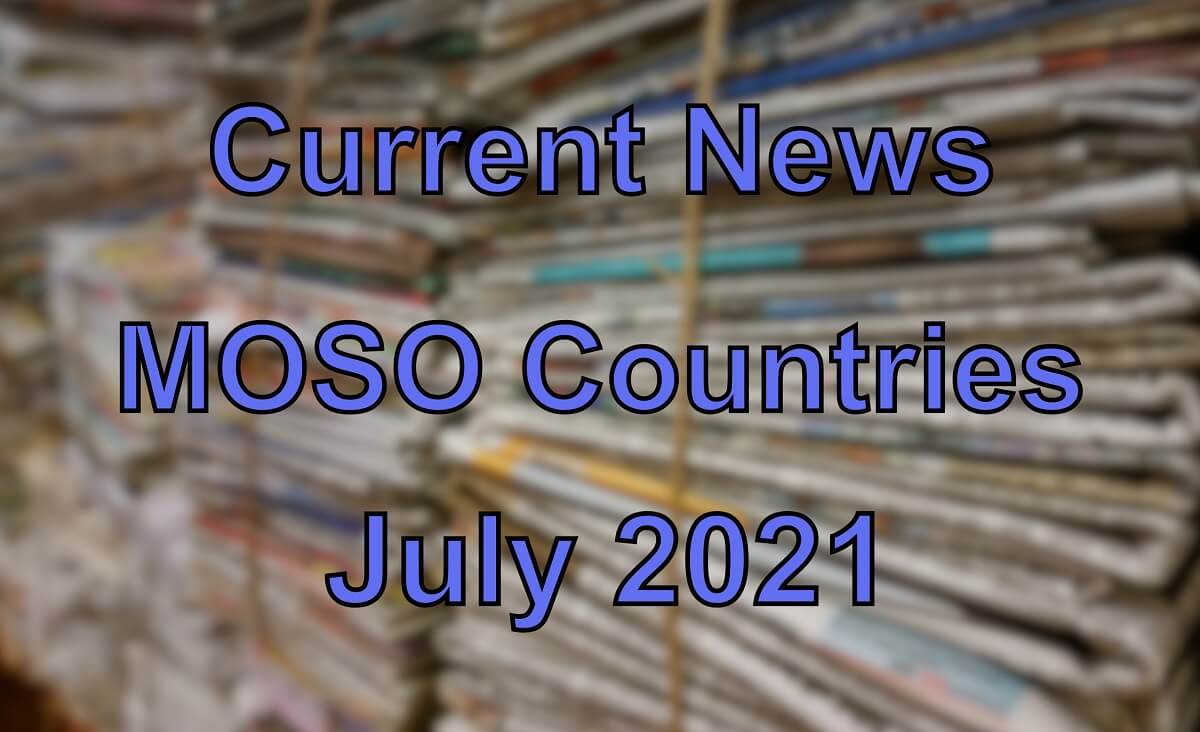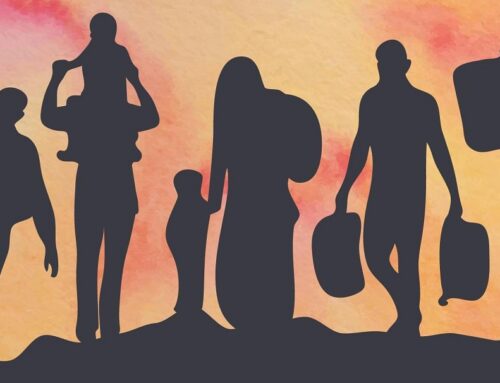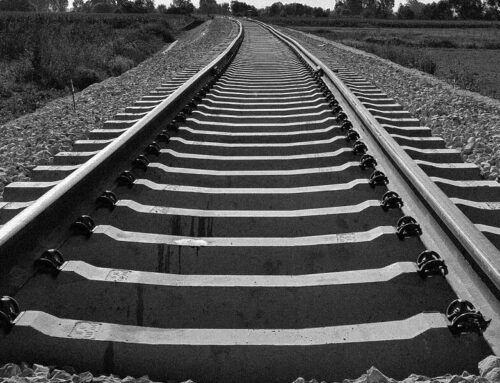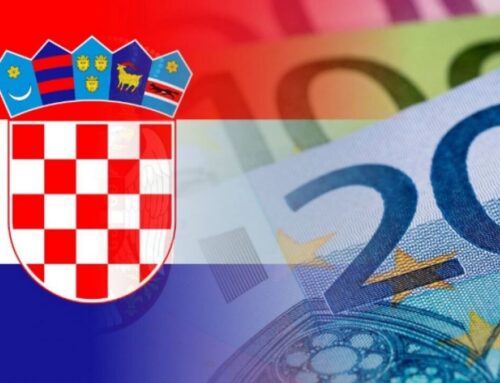Anastasiia Korotun
FREEDOM OF INFORMATION IN BALKANS: “NO WILL, NO OPTIMISM”
The region needs more proactive transparency, open contracting and political will to deal with freedom of information. Countries are still struggling with the slow implementation of FOI laws, political pressures and institutions’ unresponsiveness, while the first year of the global pandemic also saw excessive delays in responding to FOI requests. Ivana Jeremic, editor at Balkan Insight from Serbia, said that 2020 was “extremely hard” in terms of getting any information from institutions in Serbia, making it difficult for journalists to do their job. Besides, people who are in charge of FOI requests at institutions are not educated enough on how to respond to those requests and there is also lots of pressure on them about which information should be made public and which not. According to Kreshnik Gashi, managing editor of KALLXO.com and Author of the TV show Justice in Kosovo, the law on the classification of official documents in Kosovo is not implemented by all institutions and as a result we have problems when documents are requested by various parties. In consequence, all the required documents have to go through this process always, because there is no clarity on what is confidential and what isn’t. A very good model and practice was presented by Kosovo that has decided to open all contracts in public procurement, an action that has helped our work a lot and makes monitoring and reporting on public contracts management possible. In general, the conclusion for the region is very much the same and that is: there is not so much of a problem with bad regulation, it is really about the implementation.
“WE ARE HOSTAGES OF EU NATIONALISTS”, ALBANIA’S PRIME MINISTER
Albania’s Prime Minister Edi Rama has criticised the way the European Union is handling the integration process for his own country and that of neighbouring North Macedonia, saying the two countries are being held hostage by the nationalisms of larger EU members. Two recent attempts have failed since 2019, and Rama expressed Albania’s fatigue when it comes to the much-awaited green light. “We prepared for the first big wedding with all the decorations. The European Commission said that we are ready for the integration process … First wedding, the bride did not come; the second wedding, the bride did not come. We are not preparing for any third wedding,” Rama said. According to Rama, Albania and North Macedonia are hostages of EU nationalisms and the path of Western Balkan integration is dependent more and more on EU nationalisms. The First Intergovernmental Conference with Albania and Northern Macedonia could not be held this year after negotiations were blocked by Bulgaria. Sofia blocked the start of North Macedonia’s EU accession talks last year, citing disputes over its history, language and identity, which it insists have Bulgarian roots. Rama claimed that the Bulgarian attitude is a result of what Bulgaria has learned within the EU from the great ones – to use local politics to block others. In June this year, EU foreign ministers also failed to set a date for the First Inter-Governmental Conference for Albania and North Macedonia. Bulgaria did not make any concessions on its open issues with Northern Macedonia. The European Commission had recommended opening membership talks with Albania last October, stating that most of the conditions set to Albania by the European Council had been met. This year, other countries, such as The Nertherlands, which had opposed opening negotiations in the past with Albania voted to open negotiations.
TURKEY PRESSURES NORTH MACEDONIA OVER EXTRADITION OF “GULENISTS”
After the Turkish ambassador to Skopje, Hasan Mehmet Sekizkok, said that his country wants 86 alleged “Gulenists” deported from North Macedonia, 20 of whom it wants to be extradited to Turkey, authorities in Skopje responded that they are working on it. In an ambiguous statement issued on July 15th, North Macedonia’s Justice Ministry said that it is cooperating with the Turkish authorities on this issue and added that they would act according to domestic legislation and international standards and agreements. One day before, Ambassador Sekizkok told a press conference in Skopje marking the fifth anniversary of the failed coup Turkey that Turkey won’t give up on its demands for the deportation and extradition of people it suspects are connected to the self-exiled Turkish cleric Fethullah Gulen, whom Ankara considers a terrorist. Ankara holds Gulen responsible for the 2016 failed coup and has since cracked down hard on his supporters at home and in the region, calling them the “FETO”, short for Fethullah Terrorist Organisation. Gulen has denied responsibility for the failed coup, and the US has so far ignored Turkish demands for it to extradite him. The Ambassador said that the relations between Turkey and North Macedonia remain strong, as they are placed on firm foundations, and that in principle they are not dependent on cases like this. Turkey and North Macedonia do not have a signed bilateral extradition protocol but the two countries have traditionally close relations and have developed economic and military cooperation.
UKRAINE-RUSSIA FOOTBALL SHIRT ROW AND FEMALE TROOPS MARCHING IN HEELS
UEFA, after initially having told Ukraine to remove the slogan ‘Glory to Our Heroes’ (that was coupled with the slogan ‘Glory to Ukraine’) from its EURO 2020 football shirt upon a complaint from the Russian Football Union, said they did not require Ukraine to make any other modifications to the national team’s shirt except that ‘Glory to Ukraine’ had to appear on the inside of the collar of the shirts worn by Ukraine players at the tournament. “This specific combination of the two slogans is deemed to be clearly political in nature, having historic and militaristic significance,” UEFA said in a statement to Euronews. But Andriy Pavelko, the head of Ukraine’s Football Association (UAF) said that this slogan has long been a traditional greeting for our fans at all stadiums and at all matches of the national team of Ukraine. The words were used in Ukraine during World War I as a rallying cry against Soviet rule and were popularised during the uprising that led to the ousting of Ukraine’s former pro-Kremlin president in 2014. Later on, UEFA stated that, on its own, the words “may be considered as a generic and non-political phrase of general national significance” and violated no rules. The shirt indeed mapped out a strong message since it also featured the silhouette outline of a map of Ukraine that includes Crimea, the peninsula annexed in 2014 by Russia. But Russia’s complaint that the map of Ukraine includes Crimea was not upheld by UEFA because the international community does not recognise Moscow’s annexation of the territory.
Ukraine is preparing to stage a parade to commemorate 30 years of independence following the collapse of the Soviet Union. The Defense Ministry wants female soldiers to march in mid-heel black pumps to mark 30 years of independence. Several MPs have slammed the move as sexist and misogynistic. Ukrainian authorities have come under fire after the country’s defense ministry released official pictures of female soldiers practicing for next month’s military parade wearing heels instead of army boots.




